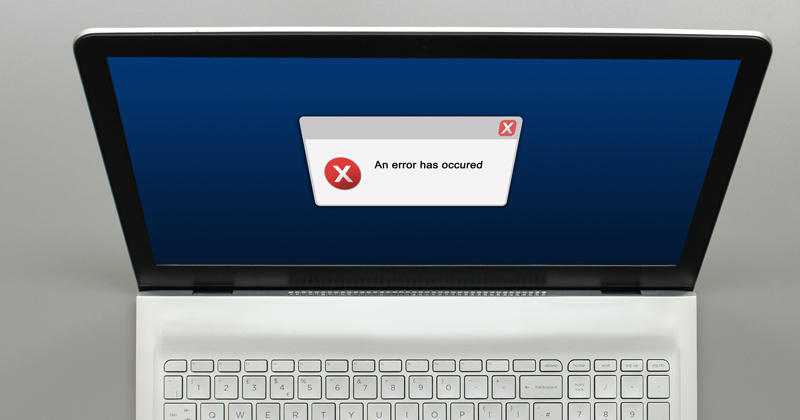A software glitch wiped Ofsted inspectors’ evidence during almost 200 inspections over a three year period, but only resulted in re-visits on four occasions, an internal investigation has revealed.
The report, shared with Schools Week by the watchdog, found that of 26,431 inspections conducted using the electronic evidence gathering (EEG) system between February 2021 and May 2024, there were 191 where inspectors reported evidence was lost.
Only four of these incidents resulted in inspectors returning to gather extra evidence, while the inspectorate said it was “confident that the judgment…is secure” in the other 187 cases. However, Ofsted has refused to name the providers affected.
The EEG system replaced pen and paper records in 2019. Ofsted said it enabled inspectors to better “review and synthesise their notes” and offered a “notable improvement” in security.
But Schools Week revealed last year that the system had been plagued with long-standing issues with evidence being wiped, prompting chief inspector Sir Martyn Oliver to commission a rapid review.
Inspectors described situations in which their screen “froze” and evidence “disappeared” in front of their eyes during visits. Others discovered evidence had been wiped upon returning to their hotel room.
In a submission to the Parliamentary education committee last year, a group of six former inspectors, including former trust leader Frank Norris, warned the EEG’s effectiveness had been “hindered by a lack of trialling and an unwillingness to accept its flaws and feedback”.
Evidence wiped for 191 inspections
Ofsted’s review found that “occasionally, a system or human error can result in some of an inspector’s notes not saving in EEG”.
Of the 191 instances where evidence was wiped, four resulted in inspectors returning to gather additional evidence.
Of the remaining 187, Ofsted found inspectors whose notes did not save “shared their findings verbally in the end-of-day team meetings”.
“The inspection team considered these findings, alongside the recorded notes, when making their final evaluation and reaching judgments. This is in line with standard inspection practice.”
Ofsted’s policy states that inspectors who find their evidence has been wiped should “recapture the salient points from memory as soon as possible after they detect that any notes are missing”.
In “most instances, only a small proportion of the evidence base is affected”, meaning the inspector can “recall and record their notes before the end of the inspection”.
This happens “without any disruption to the inspection process”.
“Where the amount of unsaved notes is more extensive, inspectors should record a summary of what is lost as soon as they are able. This review has found that the extent to which inspectors summarise their notes varies.”
Ofsted updates software
The review found that in 182 inspections, the inspectors affected followed Ofsted policy and summarised their missing notes.
In the five cases where this was not done, the “other notes recorded by the inspector or colleagues in the inspection team, and/or the summary drawing together the team’s findings, supported the judgment”.
“To conclude, we can confirm that in all 187 events, the full range of inspectors’ findings was considered when reaching final judgements. The written notes available in EEG are enough to support these judgments.”
Ofsted said it had reminded all inspectors of the need to summarise notes that do not save and updated guidance.
“EEG has many benefits for individual inspectors, inspection teams, providers and the wider organisation. The integrity of inspections is our priority. Policies are in place to make sure that this is not adversely affected if a technical or human error occurs with EEG.
“EEG is built on a Microsoft platform, which offers security, speed of development and future-proofing. However, there have been issues with the stability, reliability and useability of EEG over time. These have caused uncertainty and additional workload for inspectors.”
The watchdog said it was in the process of moving EEG to a new version of its Microsoft technology which “offers improved offline capability and is expected to perform well with intermittent and low connectivity:.











